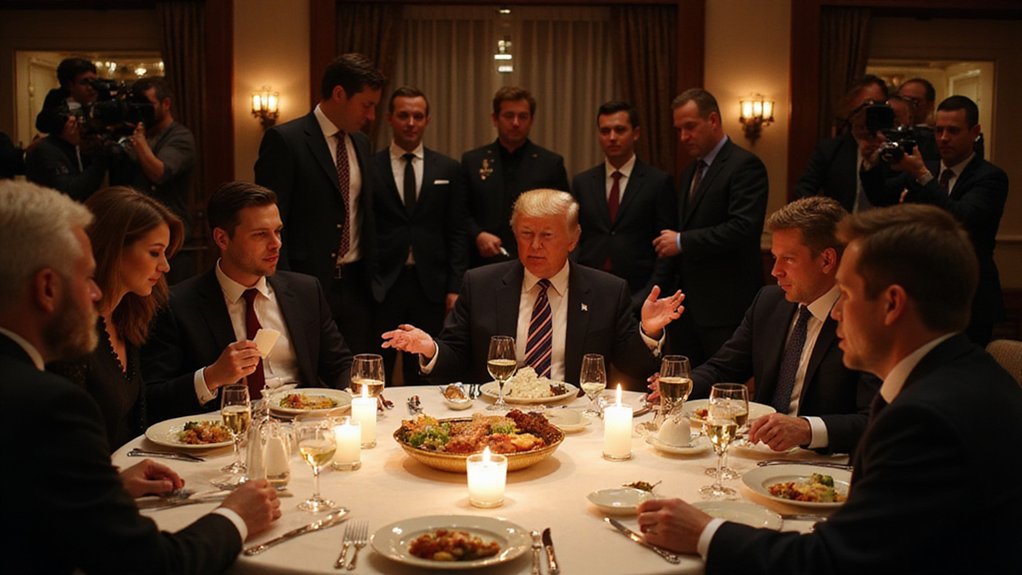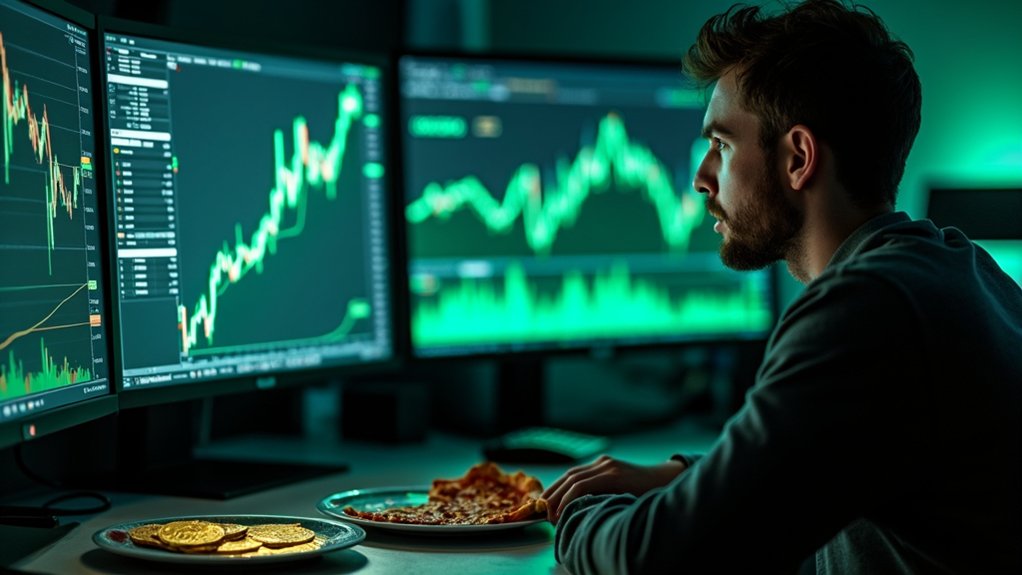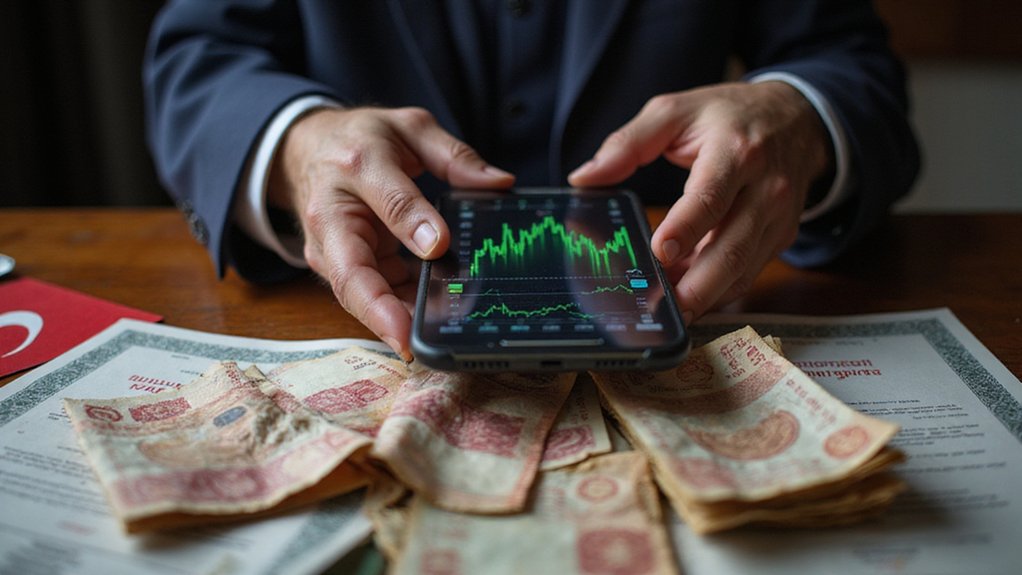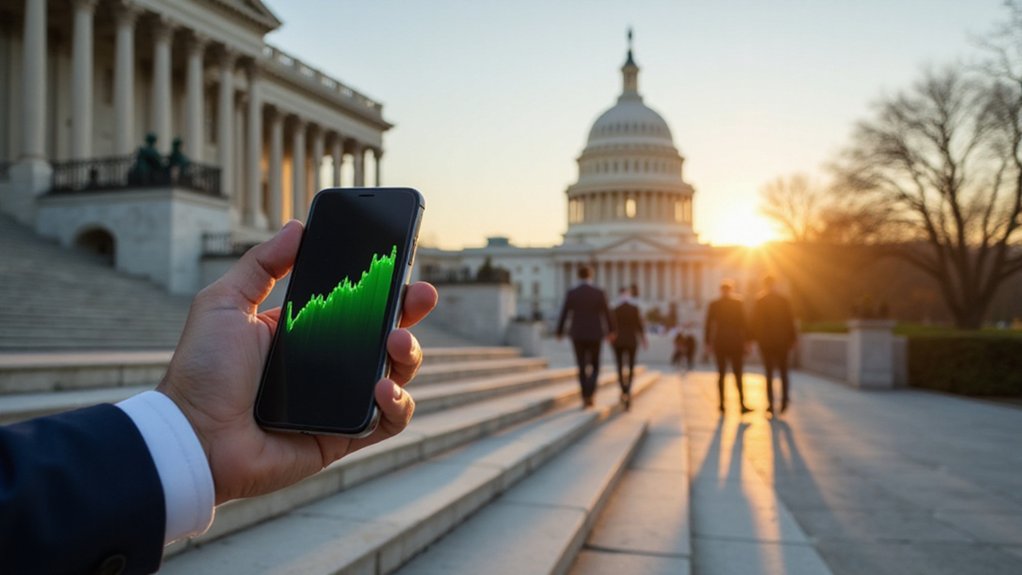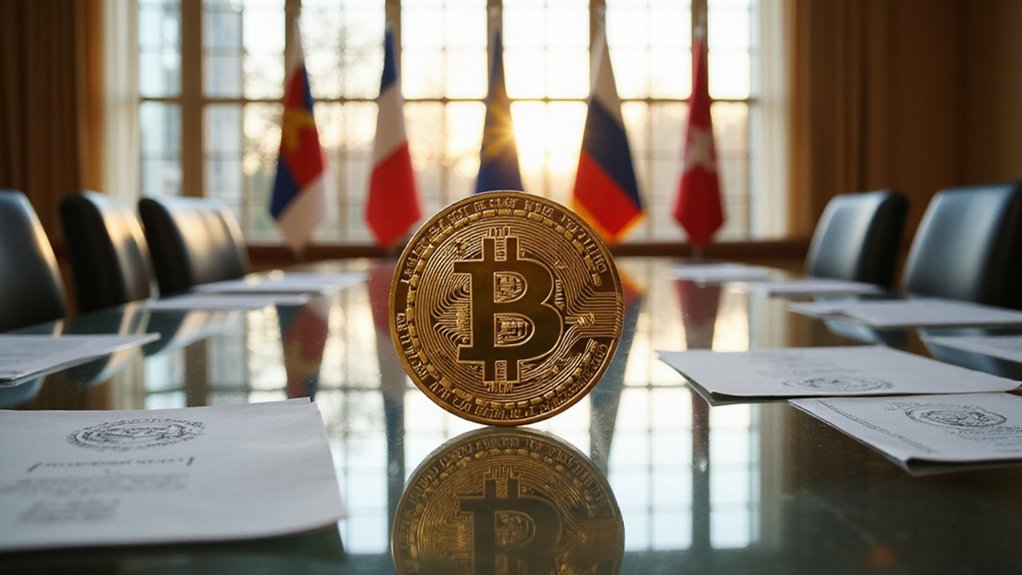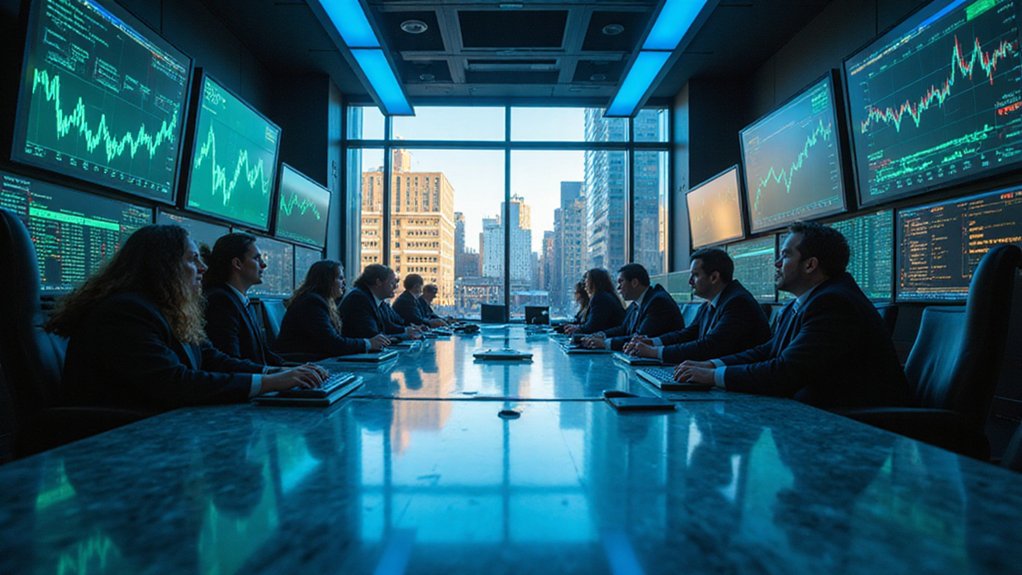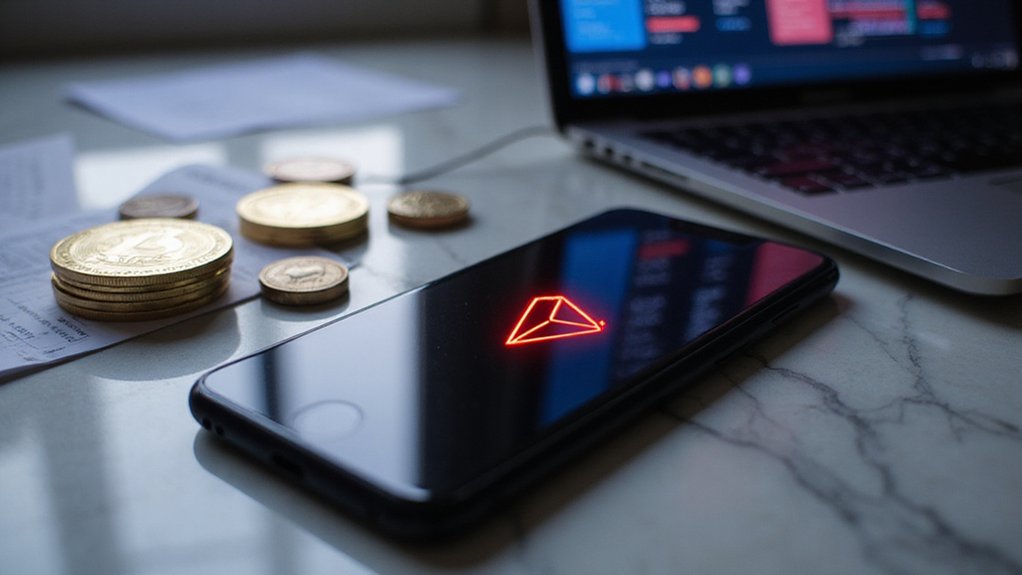How exactly does one put a price tag on presidential access? At Trump National Golf Club in Virginia, the answer appears to be roughly $1.7 million per plate, as evidenced by the recent private dinner hosted by President Donald Trump for elite investors in his eponymous meme coin. The soirée—a black-tie affair replete with background checks and VIP cocktail receptions—drew approximately 220 attendees who collectively represented the upper echelon of $TRUMP token holders, with the seven most prolific investors having allocated upwards of $10 million each to secure their coveted seats at the presidential table.
Launched shortly before Trump’s inauguration in January 2025, the $TRUMP token initially achieved a staggering market capitalization of $14.5 billion before experiencing a precipitous two-thirds decline—a volatility pattern characteristic of speculative meme coins but atypical for assets associated with a sitting president. Some cryptocurrency security experts like SpyWolf have raised concerns about the need for thorough auditing of politically-connected tokens to ensure investor protection. The dinner functioned as both liquidity catalyst and status signifier, with investors jockeying for position on a public leaderboard that quantified their financial devotion to the presidential cryptocurrency. One such investor, Freight Technologies, spent $2 million on Trump Coin hoping to gain the president’s attention regarding tariff concerns.
Critics from across the political spectrum have characterized the event as a textbook illustration of ethical impropriety. The transactional nature of the gathering—effectively monetizing proximity to executive power through cryptocurrency purchases—has elicited accusations of “blatant conflict of interest” and an “orgy of corruption,” particularly concerning given the backdrop of pending crypto legislation and regulatory uncertainty. Democratic lawmakers have responded by introducing the “Stop The Rug Pulls” bill that would prohibit elected officials from launching or endorsing cryptocurrency products while in office.
The intersection of presidential power and cryptocurrency speculation creates a brazen ethical minefield unprecedented in American governance.
The White House maintains that the president attended in his personal capacity and adhered to applicable conflict of interest protocols, though this assertion does little to assuage concerns regarding the unprecedented fusion of presidential influence and private financial interests. The administration quietly withdrew certain perks like White House tours following public backlash.
As cryptocurrency regulation continues to evolve amid legislative initiatives like the Senate’s stablecoin bill, the Trump crypto dinner underscores the regulatory lacunae surrounding digital assets and raises fundamental questions about the propriety of presidential participation in speculative financial schemes that leverage the prestige and power of the office for personal enrichment.
